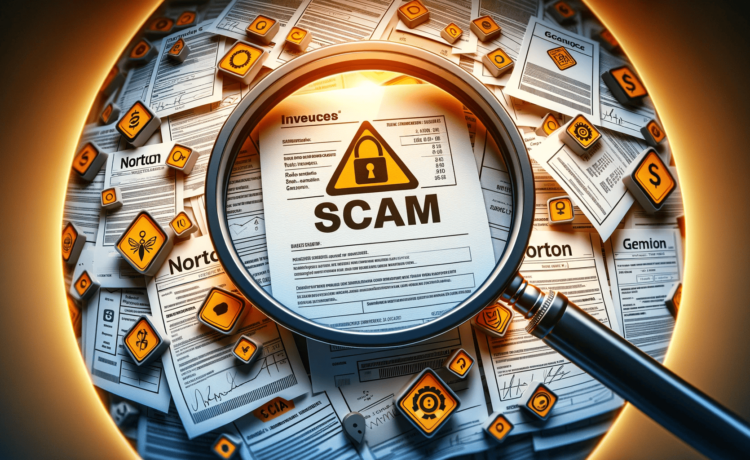It has become harder than ever to identify scams, with invoices being one of the most common traps. New York is no exception, and there has been an increase in such scams in 2024. According to the New York Attorney General’s office, many businesses and individuals have fallen victim to these scams. These can cause serious financial losses.
Scammers frequently pretend to be trusted vendors or service providers, use stolen logos and fake contact details, and alter invoice templates. Business owners in Clifton Park have reported receiving invoices that appear to come from familiar suppliers, only to realize later that they were fraudulent.
To ensure your invoices are correct and you do not fall prey to scams, hire a financial expert today. They can help with various other things for your business, including business tax preparation in Clifton Park and Albany.
Common signs of a fake invoice
-
Unexpected invoices for goods or services never ordered.
One of the most common signs of a fake invoice is receiving an invoice for products that you never ordered. A reputable company will only send you invoices for services that you have purchased or agreed to.
If you receive an unexpected invoice from a company you have never worked with or for something that you have not ordered, it is a warning sign. Scam companies may send you invoices in the hope that someone will pay without checking the details.
-
Vague or generic descriptions of products/services.
If you notice any unclear description of the product or services, stay alert, it might be a trap. A real invoice will have a detailed description of the product, which includes the product’s name, quantity, and price.
However, fake invoices may have a general description of the service, such as miscellaneous charges. These unclear terms make it difficult to understand what you are charged for.
-
Poor grammar, spelling errors, and formatting issues.
Poor grammar or formatting and spelling mistakes are also signs of a fake invoice. Scammers may not pay attention to detail when they are rushing to generate a fake receipt to scam. As a result, the invoice may have misspelled words or poor grammar.
It is important to know that genuine businesses have professional systems for creating invoices, and they are much less likely to make such grammatical mistakes.
-
Missing or incorrect company details, like no official logo or fake address.
A fake invoice may also have missing or incorrect details about the company. Real invoices include a company’s full name, logo, contact number, and business address. If any of these details are missing, it means that the invoice is fake.
Scammers sometimes use fake addresses or change a few letters in a company name to make their invoice appear real. Therefore, if you think there is something off about the company’s details or the logo looks different, be careful.
-
Pressure tactics: ‘urgent payment needed’ or threats of penalties.
These scammers may also pressure you to act quickly and pay the invoice. They may write phrases like urgent payment needed or threaten you for penalties if you do not make the payment immediately. However, if the company is real, you will have enough time to review the invoice and make the payment.
What to do if you receive a fake invoice?
If you receive a fake invoice, you should never make the payment or share your personal details. Scammers might try to trick you into acting quickly. However, you must stay calm and avoid acting in a hurry.
You must report the matter to the Federal Trade Commission (FTC) or Better Business Bureau (BBB). Make sure you have a copy of the fake invoice and any communication that you had with the scammers.
Don’t fall victim to invoice scams!
When your gut says something is wrong, trust it! Scammers are everywhere, and you have to think twice before making any financial decisions. Hire a financial adviser today!










